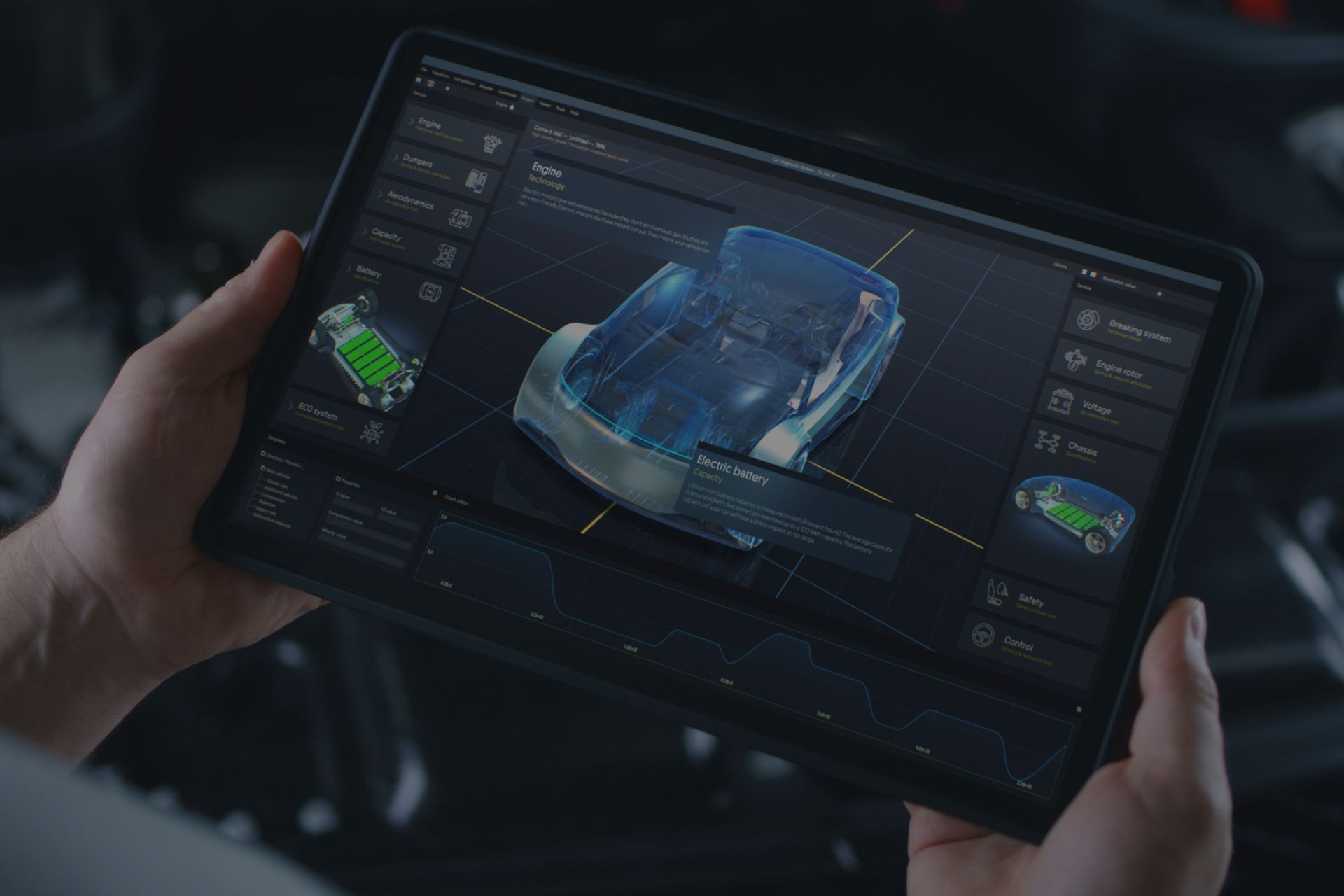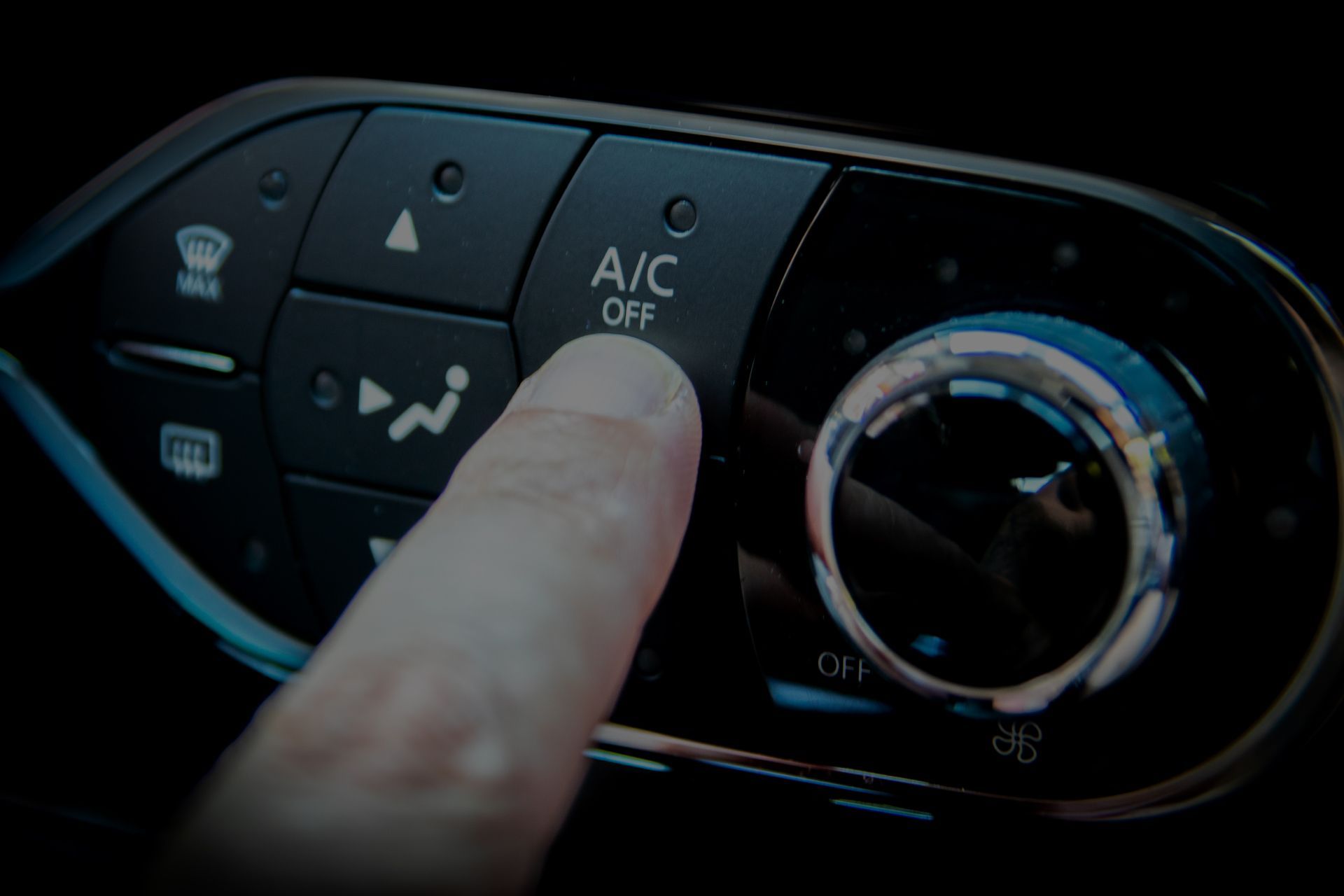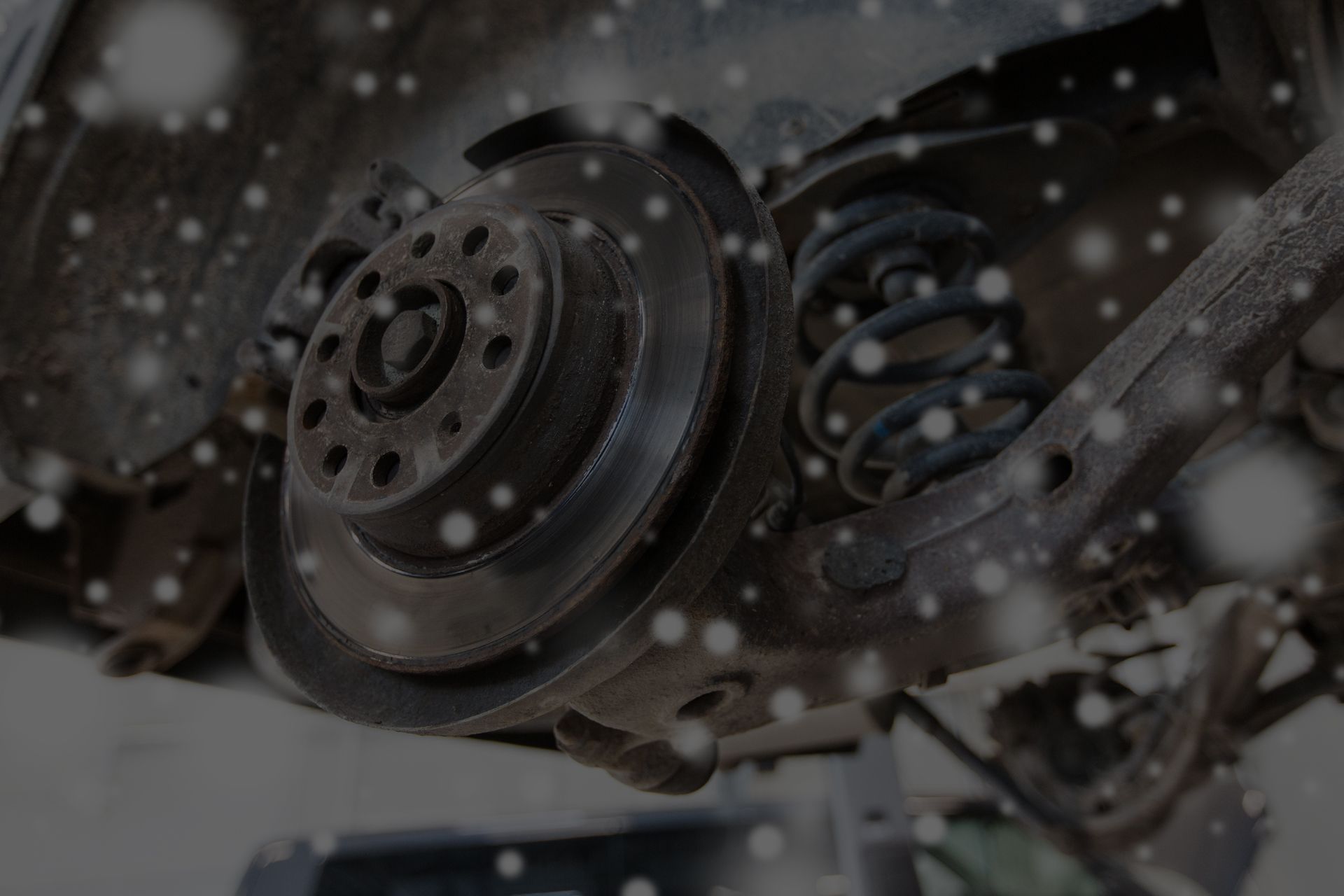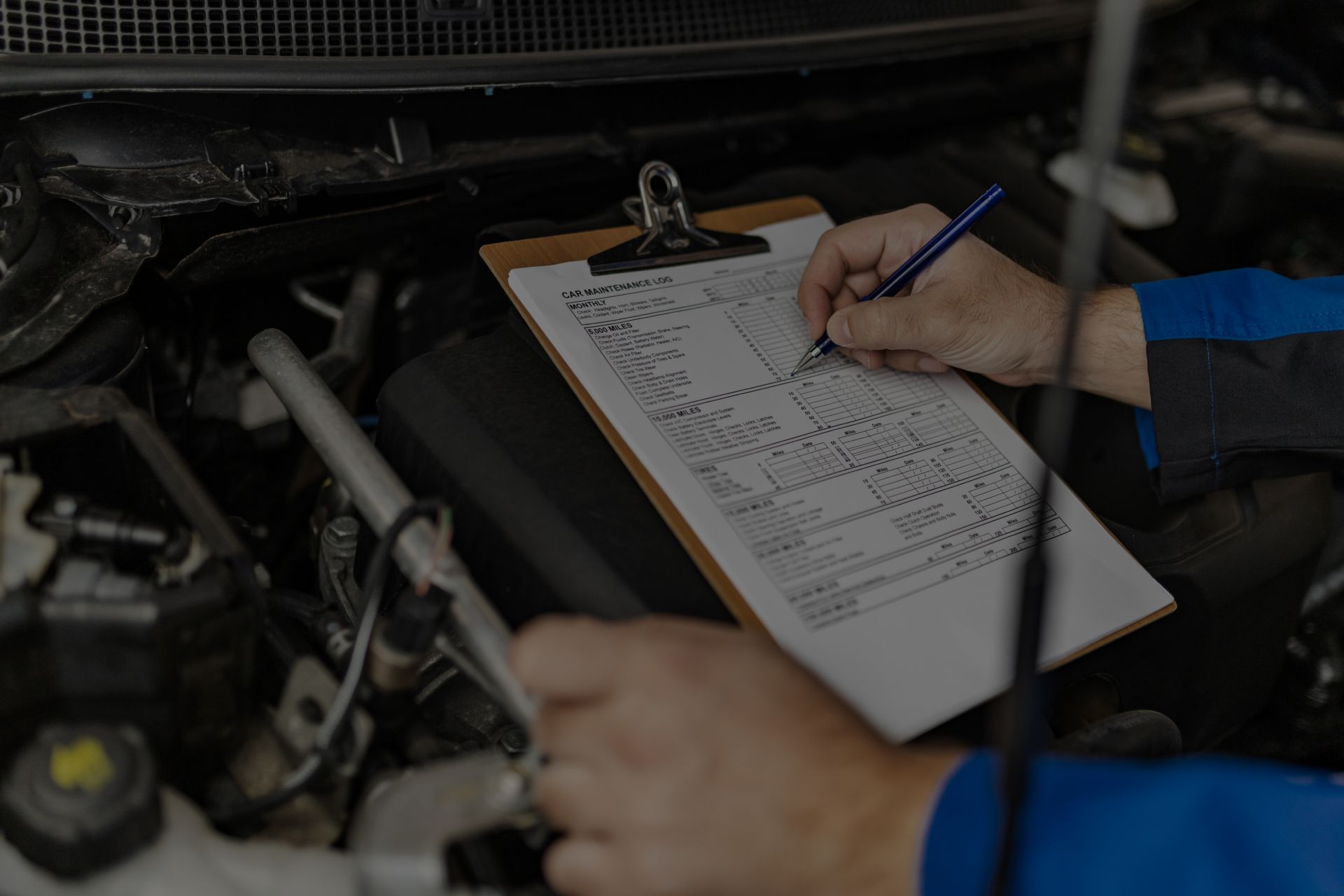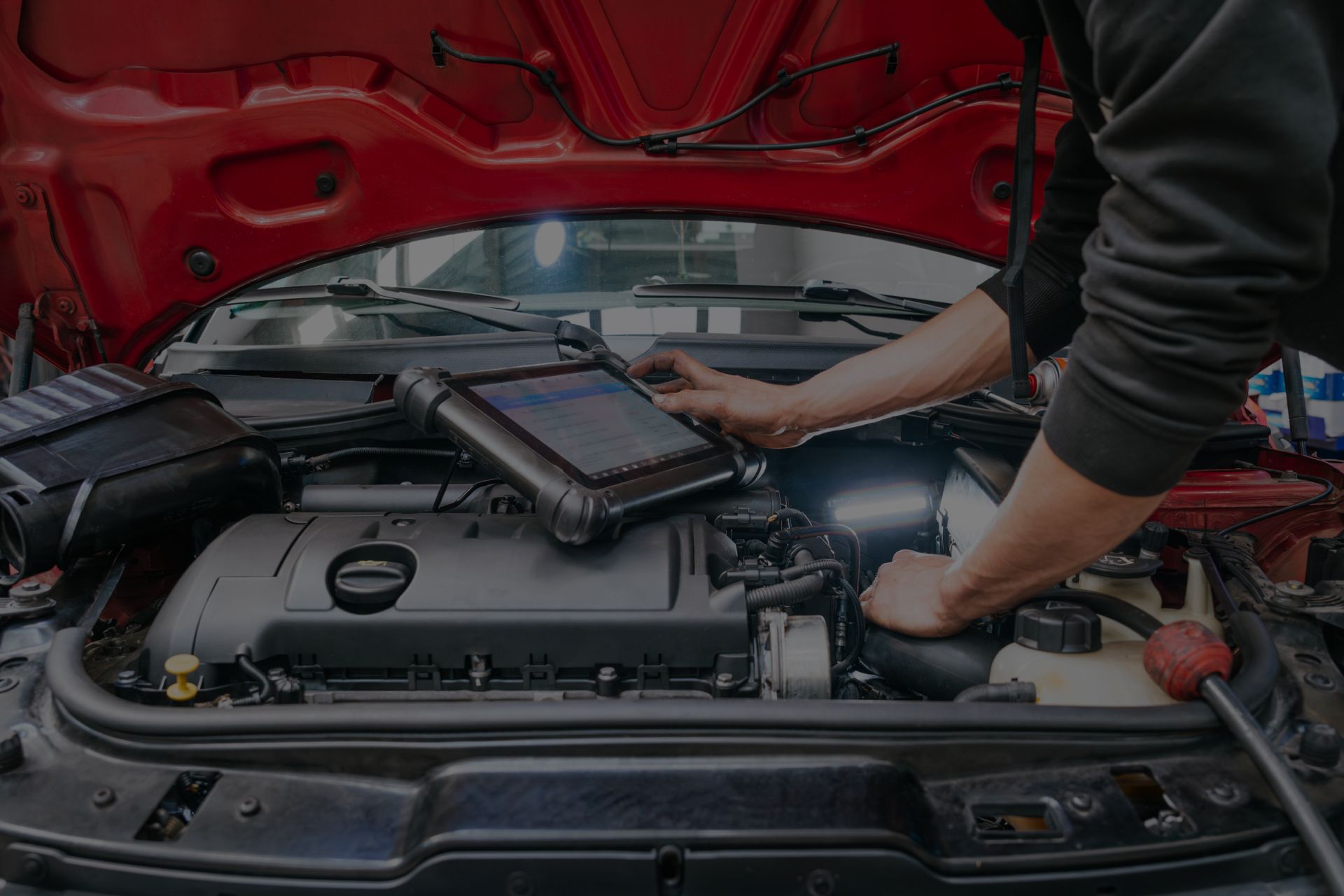Winter in Colorado isn’t just a season; it’s a test of your driving skills and your vehicle’s readiness. One moment you’re dealing with chilly morning commutes in Denver, and the next, you’re planning a ski trip up I-70 through the Eisenhower Tunnel. That mountain drive is famous for its breathtaking views and its notoriously sudden, severe weather.
If you drive a performance vehicle like a BMW, Audi, or Subaru, you have a great foundation for mountain driving. But these advanced machines need specialized care to handle Colorado’s unique challenges. This checklist will help you prepare your car for the months ahead, ensuring you can tackle I-70 with confidence.
1. The Tire Test: Your Connection to the Road
Your tires are the most critical component for winter safety. All-season tires begin to harden and lose grip as temperatures in Littleton and Centennial consistently drop below 45°F.
- Tread Depth Check:
Use the quarter test, not the penny test. Insert a quarter into your tire’s tread with Washington’s head facing down. If you can see the top of his head, your tread is too worn for safe winter driving. This extra depth is crucial for slush and packed snow.
- Consider Winter Tires:
For frequent I-70 travel, dedicated winter tires are a game-changer. They use a softer rubber compound that stays pliable in cold weather, providing superior traction on ice and snow. Schedule your changeover at our Denver shop before the first big mountain snowstorm to avoid the rush.
2. Battery Health: Don’t Get Left in the Cold
The combination of Denver’s high altitude and freezing temperatures is brutal on car batteries. A battery that started fine all summer might not have the power to crank your engine on a 10°F morning in Parker.
- The Cold Fact:
A battery loses a significant portion of its starting power in the cold. The strain of starting a cold, thick engine oil can be the final blow for a weak battery.
- Professional Testing:
We recommend a load test, which measures your battery’s actual power output under stress. This is the only way to know for sure if your battery will survive the winter.
3. Fluid Check: More Than Just Antifreeze
Your vehicle relies on a suite of fluids, and each one needs to be ready for winter.
- Coolant (Antifreeze):
This fluid does more than prevent overheating; it keeps your engine from freezing solid. We’ll check its freeze protection level to ensure it can handle Colorado’s sub-zero temperatures.
- Windshield Washer Fluid:
Swap out the summer formula for a winter-grade fluid rated for at least -20°F. Summer fluid will freeze instantly on your windshield, blocking your view entirely.
- Brake Fluid:
Moisture contaminates brake fluid over time. This moisture can freeze in your brake lines, leading to a soft pedal and dangerous loss of stopping power—something you absolutely cannot risk on a steep descent from the mountains.
4. Visibility is Safety: Wipers, Lights, and Defrosters
Shorter days and frequent storms mean you’ll be driving in low-visibility conditions.
- Wiper Blades:
Colorado sun bakes and cracks rubber wiper blades. Replace them with a durable, winter-grade blade that can handle heavy snow and ice buildup.
- Lights:
Check all your lights—headlights (high and low beams), fog lights, taillights, brake lights, and turn signals. Clean any hazy or yellowed headlight covers to restore maximum light output for those dark, early-evening drives home on I-25.
- Heater and Defroster:
Test your heater and defroster now. A malfunctioning system won’t just leave you cold; it will prevent you from clearing frost and condensation from your windows, creating a major safety hazard.
5. Brake Inspection: Your Most Important Safety System
Your brakes are your primary defense against accidents. The constant braking on mountain passes, combined with potential road salt corrosion, demands a thorough inspection.
- Pad and Rotor Wear:
We’ll check the thickness of your brake pads and the condition of your rotors. Worn brakes are ineffective and can be damaged by the grit and salt on treated roads in Aurora and Englewood.
- System Check:
A full brake inspection also looks at calipers and brake lines for any signs of wear or damage.
Special Considerations for European and Performance Vehicles
At ImportSports, we specialize in the unique needs of your vehicle.
- BMW & Audi:
These cars often have sophisticated all-wheel-drive systems (xDrive and quattro) that need proper maintenance to function correctly. We use factory-level diagnostic tools to ensure these complex systems are ready to provide their legendary grip.
- Subaru:
Your Symmetrical All-Wheel Drive is built for Colorado winters. Keep it that way with a check of differential and transmission fluids to ensure everything is working in harmony.
- Advanced Diagnostics:
Complex electronics and sensors manage everything from your stability control to your traction management. Our ASE-certified technicians have the expertise and advanced software to make sure these systems are communicating properly and are ready to keep you safe.
Don't Wait for the First Snowfall
Preparing your car for a Denver winter isn’t just about comfort—it’s about safety. The peace of mind that comes from knowing your vehicle is ready for anything, from a commute in a surprise spring snowstorm to a weekend in the mountains, is priceless.
Schedule Your Winter Car Prep in Denver Today
Don't get caught off guard by the first major snowstorm on I-70. The team at ImportSports Performance has been helping Denver, Aurora, and Littleton drivers prepare for winter since 1997. We will perform a comprehensive winter readiness inspection, test your battery, check your tires, and ensure all your critical systems are in top shape.
Contact us today at
(303) 752-2422
or book your appointment online to get your BMW, Audi, Subaru, or any other vehicle ready for a safe Colorado winter.
